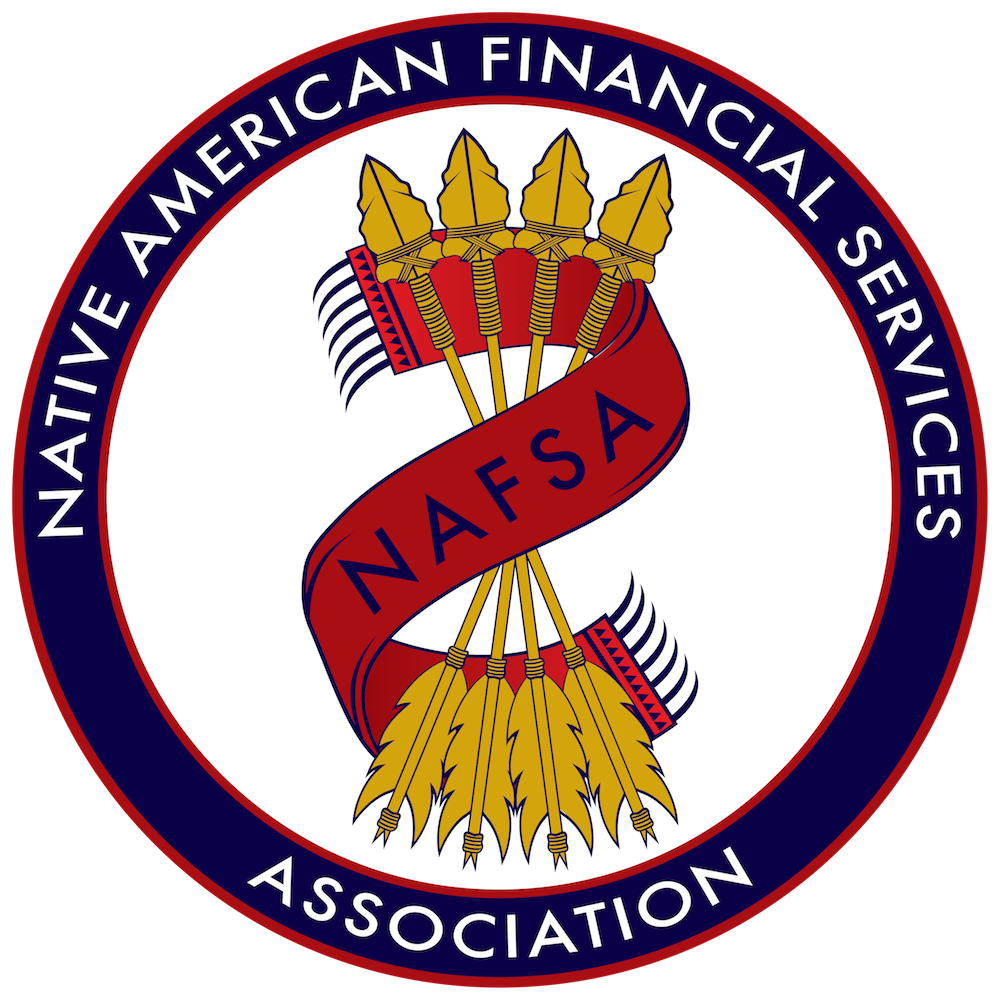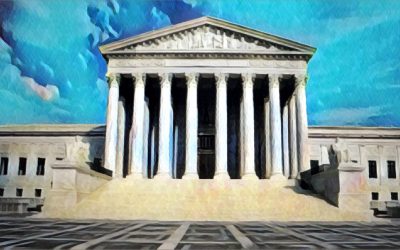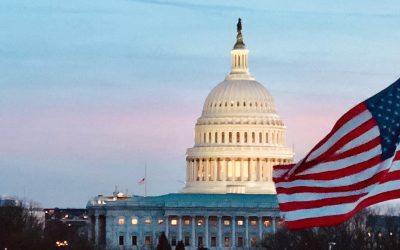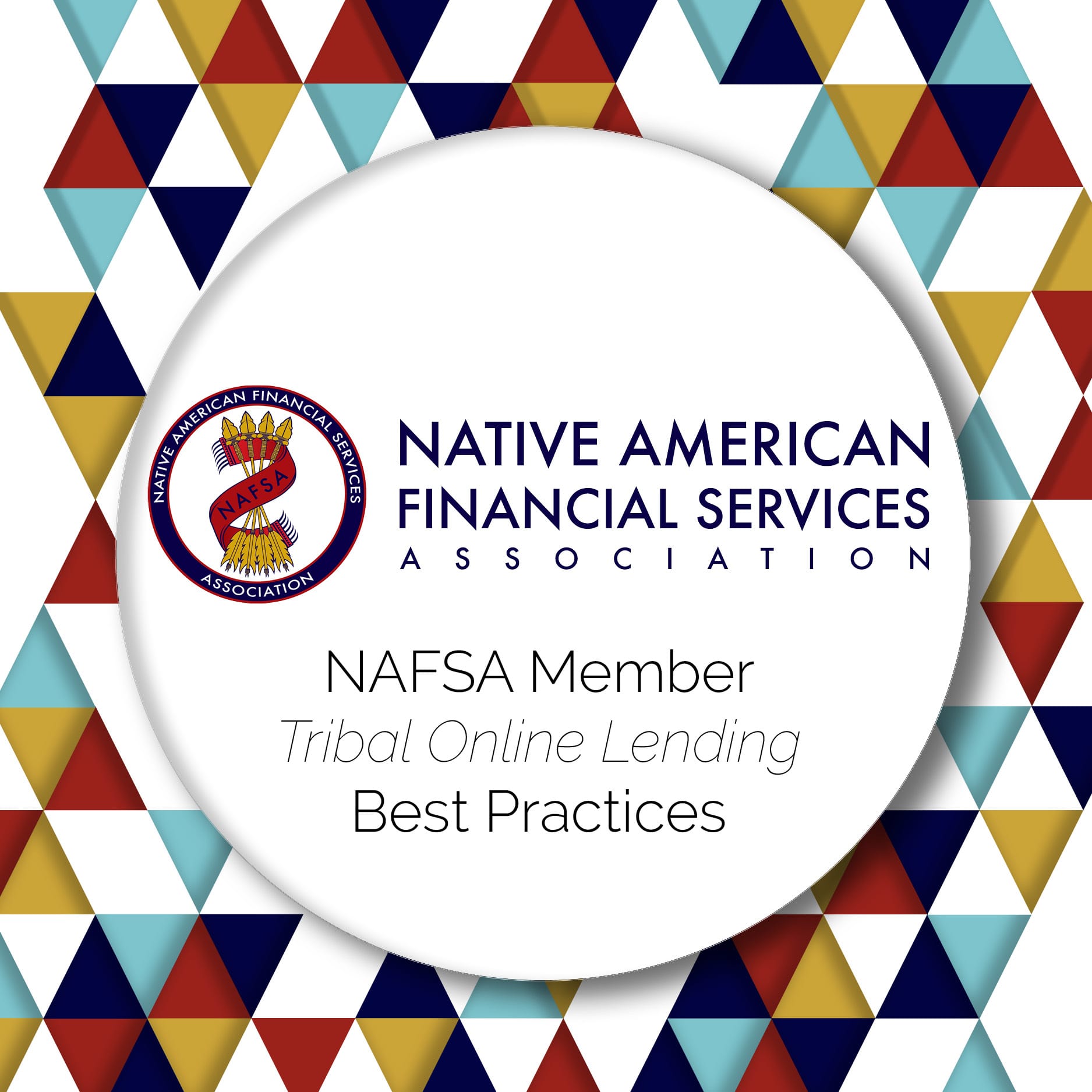The Latest Financial News
A New Constitutional Challenge to the Consumer Financial Protection Bureau
State National Bank of Big Spring alongside two non-profit organizations recently filed a petition for certiorari - a request for the Supreme Court to hear a case - that challenges the constitutionality of the Consumer Financial Protection...
Federal Agencies Issue Joint Statement Clarifying Supervisory Guidance
Five federal agencies - The Federal Reserve, the Federal Deposit Insurance Corporation, the National Credit Union Administration, the Office of the Comptroller of the Currency, and the Consumer Financial Protection Bureau - issued a joint...
Banks Eying a Return to Small-Dollar Installment Loans?
U.S. Bank, the largest regional bank in the United States, announced yesterday that it would begin providing small-dollar loans between $100 and $1,000 to its customers, making it the first national bank to offer such loan products. It is called...
Featured Resources
Our Digital Financial Literacy Program
Too many consumers mismanage their budgets, make poor investment decisions, and fail to properly plan for the future. NAFSA is committed to empowering people with the skills they need to change this trend and thrive financially. NAFSA’s Financial Literacy Program offers an assortment of digital modules covering a wide variety of financial topics, including building emergency savings, mortgage education, and retirement planning.
Tribal Online Lending Best Practices
NAFSA has developed Best Practices for the exclusive use of all NAFSA Members as it relates to their Tribal Online Lending businesses. We believe these Best Practices will help ensure consumer protection, quality service, and positive customer and industry interactions during the life of the loans made by tribal lending entities who are NAFSA members. Our Best Practices apply to all stages of the loan, including marketing, origination, servicing, collecting, and ongoing data privacy.
The Impact of Tribal Financial Services
Coming from a history of staggering unemployment rates, limited opportunities, and lack of access to fundamental resources, Native American tribes began online lending businesses to create real change for the future. Internet commerce has been a vehicle for supporting economic growth, tribal services, and tribal development. These are their stories.
Why NAFSA?
There are more than 570 federally-recognized tribes in the United States, many of whom are spread across in diverse areas. This has left a need for other tribal economic development opportunities to create sustainability and jobs on Native American reservations.
Tribal Financial Services:
![]() Create jobs & economic development on tribal lands
Create jobs & economic development on tribal lands
![]() Increase the financial independence of tribes
Increase the financial independence of tribes
![]() Deploy sovereignty & bolster tribal self-determination
Deploy sovereignty & bolster tribal self-determination

Our Mission
To advocate for tribal sovereignty, promote responsible financial services, and provide better economic opportunity in Indian Country for the benefit of tribal communities.






